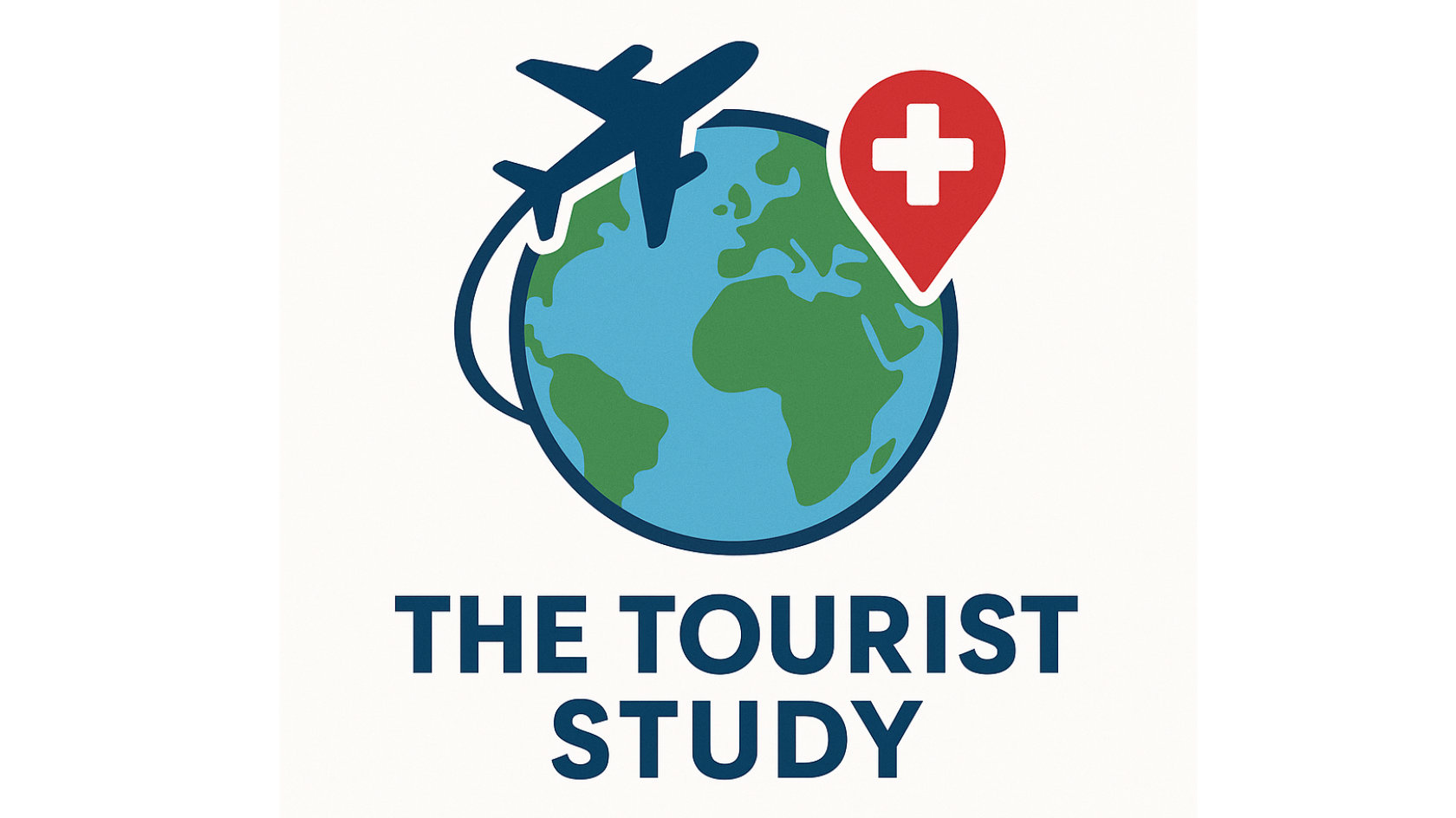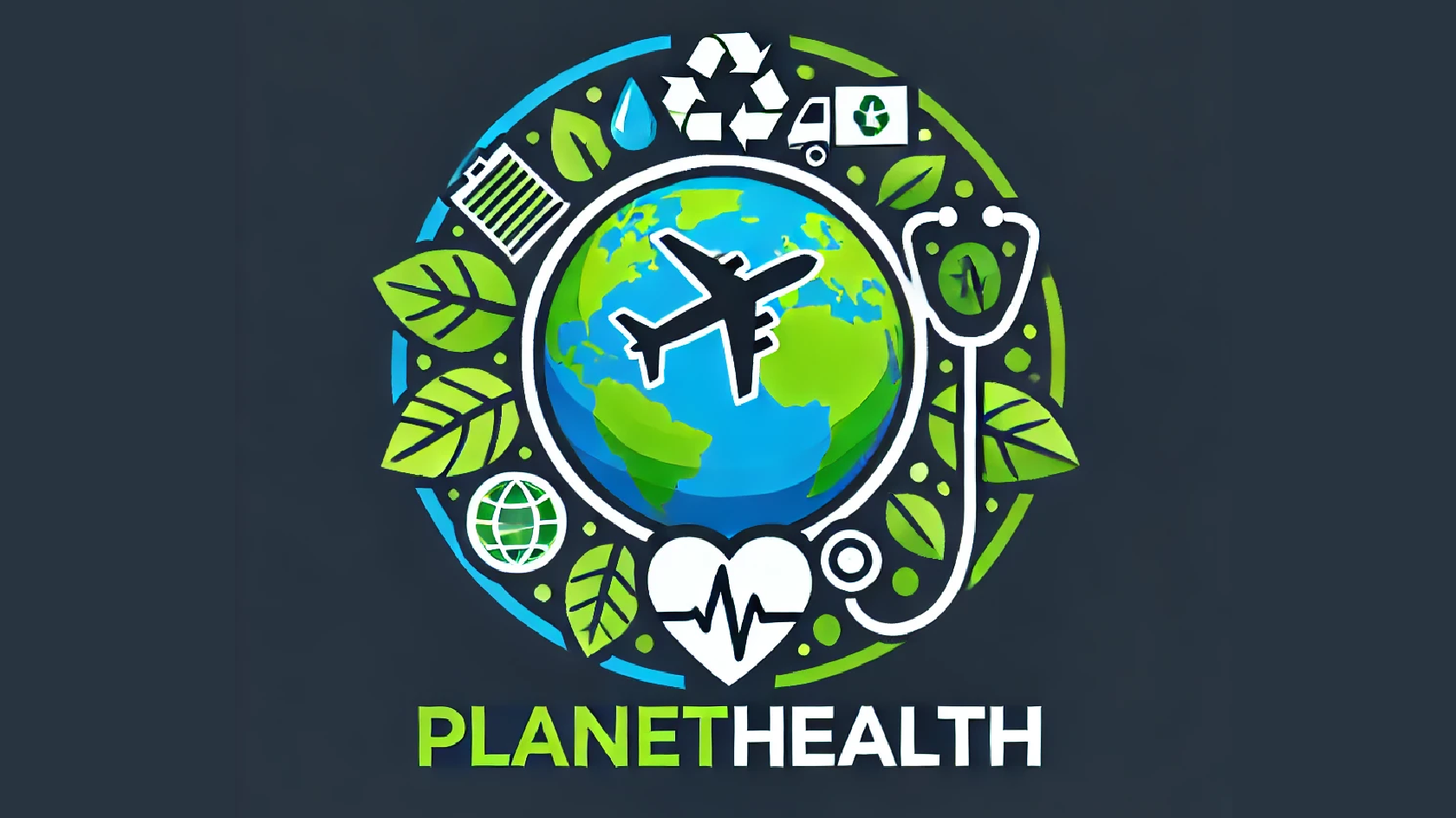Projects
CUHRS Study: Climate Change, Urbanization, and Health Interactions in Uganda Using Remote Sensing
This study investigates how climate change and human-driven environmental shifts over the past decade have affected public health in Uganda, a rapidly urbanizing, land-locked country where trapped air pollution and rising temperatures are mounting concerns. Leveraging remote-sensing datasets—Sentinel-5P for pollutants, MODIS and LANDSAT for vegetation, land-use and surface-temperature trends, FIRMS for forest-fire activity, ERA5 for meteorological variables, and global urbanization layers—researchers will map spatiotemporal patterns of warming, urban growth, fires and air quality, pinpointing “hotspots” of environmental change. These data are then linked to Demographic and Health Survey records and primary survey data, with generalized additive mixed models capturing nonlinear, clustered relationships between environmental exposures and outcomes such as respiratory illness, malaria, waterborne disease and life expectancy. The project aims to clarify whether people living in climate-affected zones face elevated disease risks, ultimately producing evidence-based policy recommendations for resilient urban design, a real-time environmental health early warning digital tool, peer-reviewed publications, and training materials to enable similar analyses elsewhere.
Project lead: Andrea Farnham (EBPI), Harriet Mayanja-Kizza (Makerere University, Uganda), Nirwan (WRI India), Shamim Katusabe (Makerere University, Uganda)
Funding: Trialogue Days Seed Grant
TOURIST study: A digital health study tracking travelers’ real-time risks

Launched in 2014–2015, the TOURIST project pioneered smartphone-based, real-time surveillance of international travelers, passively logging geolocation, weather and environmental context every 15 minutes and collecting daily self-reports of symptoms and behaviors, all anchored by clinical data from Swiss travel clinics. Its SNSF-funded successor, TOURIST2, broadened the cohort to 1,000+ travelers bound for six high-interest destinations (Brazil, India, Peru, Thailand, Tanzania and China), generating one of the richest longitudinal digital health datasets on travel morbidity and behavior. Analyses have validated the Ready-To-Go pre-travel triage algorithm, revealed that injuries and other non-infectious events outpace classic infectious threats, confirmed that most travelers avoid very high-risk malaria zones, and underscored the need for destination-specific guidance. Ongoing work continues to refine machine-learning risk models and integrate microbiome and antimicrobial-resistance monitoring. Building on this foundation, the new TouristAI initiative is using the full TOURIST dataset to train a large-language model (LLM) that will power an interactive travel-medicine chatbot, bringing personalized, evidence-based advice to travelers in real time.
Project Lead: Andrea Farnham (EBPI), Silja Buehler (EBPI, UKE Hamburg), Christoph Hatz (EBPI), Jan Fehr (EBPI), Milo Puhan (EBPI), Ulf Blanke (antavi, Zurich), Vasiliki Baroutsou (EBPI)
Funding: SNSF Project Funding
CliMaH

Climate change is transforming the world, and nowhere is this more evident than in Africa. Mozambique in particular has been subject to increasing extreme weather events, lessened agricultural productivity resulting in food insecurity and malnutrition, rapid urbanization and growth of informal settlements or slums, and a high public health burden of weather-related morbidity and mortality. The burden of the negative consequences of climate change fall most heavily on women and children. Despite growing understanding of the importance of this threat, a comprehensive, transdisciplinary, gender sensitive, governance oriented approach to studying the full impact of climate change on the well-being of human populations is still lacking, especially in combination with the rapid changes in urbanization in Mozambique.
In the CliMaH project, we aim to integrate satellite and climate data with a mixed-methods on the ground study to (i) better understand how long-term population movement, trends in urbanization, changes in agricultural productivity, and demographic change link with climate change in Mozambique, (ii) study and predict how these trends affect the health of mothers and children in Mozambique, and (iii) develop a “road map” for impact assessment of climate change that uses a comprehensive methodological toolset (e.g. HIA, satellite data) and process (e.g. transdisciplinary stakeholder engagement), and can be generalized to other settings and time periods. The CliMaH project will have a special focus on generating evidence and solutions for policymakers and other actors outside academia.
Through an innovative, interdisciplinary approach to integrate digital data, participatory methods, social science, and environmental research, CliMaH will spearhead a shift in the climate change and disaster response paradigm to a more comprehensive intersectoral view, one that works with diverse stakeholders across disciplines to prospectively manage and predict emergent health issues due to the multifaceted effects of climate change and rapid urbanization.
Project lead: Andrea Farnham (EBPI), Eusebio Macete (CISM, Mozambique), Mirko Winkler (Swiss TPH), Raushan Bokusheva (ZHAW), Sosdito Mananze (UEM, Mozambique)
Funding: SNSF Spirit Grant
eRabies surveillance - a way forward to rabies elimination in Uganda
Rabies kills tens of thousands of people in Africa and Asia every year. It is usually transmitted there through bites from infected dogs. The number of infected people and dogs is recorded differently by different authorities. The lack of cooperation between human and veterinary medicine thus makes it difficult to eradicate rabies.
This is where our project comes in, which aims to introduce a web-based rabies monitoring system (eRabies) for humans and animals in Uganda. Effective rabies control is only possible if dogs are vaccinated and people contain post-exposure prophylaxis (PEP) after being bitten by a rabid animal. In Uganda, 90 % of the population lives in an area where there is a risk of rabies transmission from dogs. At the same time, laboratory capacity is limited. Dog vaccination coverage and PEP administration are low. To tackle this multi-faceted health problem, a holistic approach is needed that involves all relevant stakeholders and includes both quantitative and qualitative methods.
In addition to health professionals from human and veterinary medicine, animal owners and keepers, including children, as well as the village community and teachers play an important role. We propose here the improvement of local laboratory capacity, optimisation of dog vaccination and the introduction of a web-based, integrated rabies surveillance system including evidence-based administration of PEP (eRabies) for humans and animals, based on a One Health approach.
Project lead: Jan Fehr
Funding: Swiss National Science Foundation
PlanetHealth

The PlanetHealth project aims to address the environmental impact of travel through an interdisciplinary "Planetary Health" approach within the field of travel medicine, combining the expertise of behavioral psychology, epidemiology, and clinicians. Sustainable travel practices, such as the judicious use of antibiotics, proper disposal of medications, being fully vaccinated, using eco-friendly mosquito prevention and sun protection methods, and staying in environmentally conscious accommodations, are crucial in mitigating the impact of travel on environmental pollution and the spread of antibiotic resistance. The PlanetHealth project investigates behavioral patterns, modifiable beliefs, and self-regulatory factors that influence travelers' decisions around travel and aims to promote more sustainable behaviors, as well as identify why certain unsustainable practices prevail (e.g., higher costs). PlanetHealth will develop and implement a quantitative, cross-sectional survey in the travel clinics of Zurich and Australia to gather data on the health and travel behaviors of travelers. The study results will then be disseminated at an interdisciplinary workshop involving travel medicine experts, psychologists, and implementation scientists. The workshop will focus on translating the study’s findings into practical, feasible interventions that can be integrated into travel medicine practice.
Project lead: Andrea Farnham & Jan Fehr (EBPI), Walter Bierbauer (UZH Department of Psychology)
Funding: PRC Seed Grant, UZH Global Strategy and Partnerships Fund
Species Identification of Non-Tuberculous Mycobacteria in the Ugandan Population
Infections with non-tuberculous mycobacteria (NTM) are on the rise worldwide, directing the global focus to these lesser known organisms. NTM range from harmless microbes to potentially fatal pathogens affecting the lungs as well as other organs. NTM infections have emerged with the increase of modern immunosuppressive treatments, as are used in cancer patients, diseases of the immune system and transplant recipients. HIV with severe immunosuppression is typical risk factor for NTM infection in the global South. Treating NTM is a challenge as it involves long and complex antibiotic regimens tailored to the individual patient and the type of NTM. In order to ensure an effective treatment it is indispensable to know the NTM strain and its antibiotic resistances. The epidemiology of NTM has rarely been studied. As NTM disease is not a reportable condition, population-based data is scarce. With this retrospective study, we aim to describe the NTM species isolated in the Ugandan population and to describe patient characteristics and outcomes. As there are an estimated 420 laboratory NTM specimens available, this is one of the largest sets of NTM specimens studied thus far.
For more information and to participate please visit the project page.
Project lead: Sabine Haller
Funding: Lung Zurich, Fogarty, University of Zurich Grant for Scientific Research
The ALPHA (AnaLysis of PHarmacokinetics of Amikacin) Study
Treatment of patients with multidrug-resistant TB (MDR-TB) is particularly challenging because of the frequency of side effects, the high cost and the long duration of treatment; the latter of which can be upwards of 24 months. Aminoglycosides (AGs), the cornerstone of MDR-TB treatment, often cause major side effects, such as hearing loss and kidney damage. Avoiding AG side effects is a crucial element of good treatment management and can be life-changing for patients. Though AGs have been potent components of antimicrobial regimes for decades little is known about how to best monitor treatment and minimize toxicities. Therefore we recently launched a study called AnaLysis of Pharmacokinetics of Amikacin or ALPHA. ALPHA is a prospective, observational pilot study recruiting patients at the National Tuberculosis Treatment Centre based at Mulago Hospital in Kampala, Uganda. It investigates the pharmacokinetics (PKs) of AGs and explores the relationship between PK values and AG related toxicities in patients receiving treatment for MDR-TB. 30 patients with confirmed multidrug-resistant (MDR) TB will be enrolled in the pilot study. The estimated study period is 12 months.
Project lead: Sabine Haller